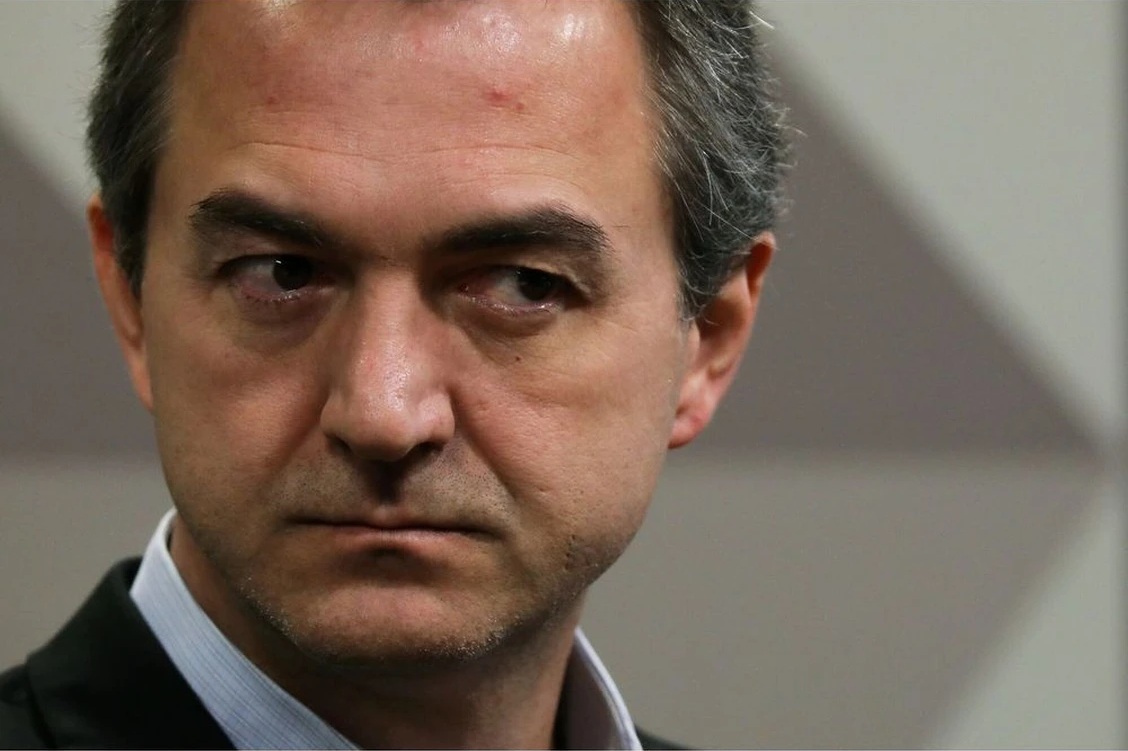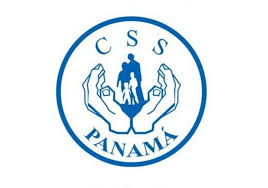Oligarch’s seized yacht has Panama connection

On Monday, April 4, news was made of the seizure by Spanish authorities of the Cook Islands (located between Hawaii and New Zealand), -flagged yacht ‘Tango’ (owned by a company in the British Virgin Islands, which in turn, it is managed by a Panamanian company.
The owner of the boat, 78 meters long and valued at about $100 million, is the Russian tycoon Viktor Vekselberg.
According to Spanish media, the seizure of the ship was due to a request for judicial cooperation, a rogatory commission from the investigative authorities of the United States government, in particular the Federal Bureau of Investigation (FBI) and the Homeland Security Investigation (HSI).
The FBI and the HSI investigated this superyacht for its links to money laundering, tax fraud, and false documentation to hide the true owner of the superyacht in order to avoid international sanctions.
It is obvious that the US judicial intelligence work helped to identify and trace the ownership of the ‘Tango’ to a close friend of Russian President Vladimir Putin. For these types of operations to be effective, they have to be very fast and there must be a lot of cooperation between each of the countries, whose financial services were used to hide the owner.
This is precisely the reason why Panama needs to have a registry of final beneficiaries of corporations and private interest foundations, as well as any other legal vehicle to facilitate international cooperation in these cases. No Spanish media consulted identified the name of the Panamanian company, but this does not mean that Panama lacks responsibility in this global investigation, to track down and protect the assets of the Russian oligarchs and their proxies.
Although Panama is not in direct conflict with the Russian Federation and, therefore, cannot act unilaterally, it is a very active country in judicial cooperation.
The countries of Europe, as well as Canada and the United States, that have found indications that give rise to a probable cause of the commission of transnational crimes, can invoke the respective judicial cooperation treaties signed with Panama, or the United Nations Convention against Corruption, Law 15 of 2005, to obtain action from the Panamanian authorities.
Viktor Vekselberg is, according to the American HuffPost, a 64-year-old Ukrainian tycoon who lives in Switzerland and is considered one of the 300 richest men in the world. The US Department of Justice alleges that Vekselberg used shell companies to hide Tango’s ownership in order to avoid bank oversight of US dollar transactions. He is one of seven tycoons the Treasury Department sanctioned in April 2018 for their alleged links to the Putin government in activities deemed destabilizing and corrupt.
Panama Innovation
Interestingly, a purely Panamanian legal innovation, such as the shipowner-friendly flagging of ships, invented in 1917, began to be copied uncontrollably in 1947 at the suggestion of the Greek shipowner Aristóteles Onassis, who promoted more countries to adopt the Panamanian model to make the ship registration system cheaper and more flexible.
Almost none of the ship registries of the countries that copied Panama is capable of offering the institutional framework and good governance of the Panamanian registry.
The name of Panama will continue to appear in many of these investigations since the country offers a ship flag system that constitutes the first world record in terms of the number of ships, complemented by internationally well-known business facilitation and asset protection services.
The Panamanian State must be prepared for more “tangos” and be ready to share all the information that the international community requires in a reasonable time. This is the small contribution that Panama can make to stop barbarism in Ukraine, and prevent the name of this country from appearing alongside the name of Russian oligarchs as their protector RODRIGO NORIEGA, La Prensa





